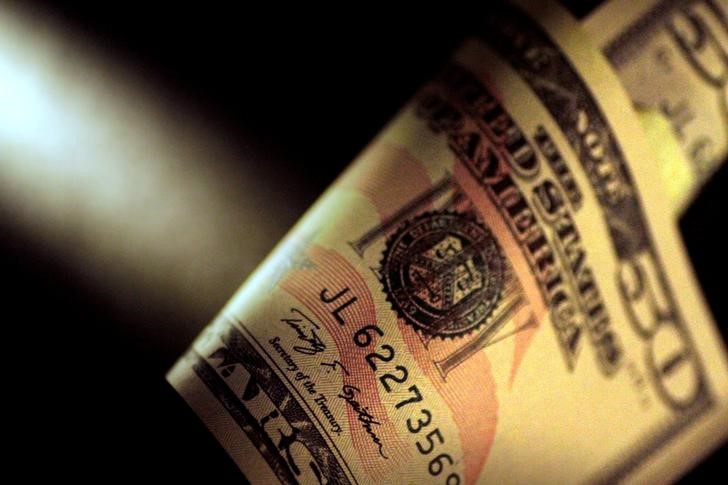Investing.com– Most Asian currencies firmed on Thursday, albeit slightly, as a rebound in the dollar stalled ahead of key economic readings that are likely to factor into the outlook for interest rate cuts.
Regional currencies came under renewed pressure this week as the dollar recovered from 13-month lows, amid growing speculation over just by how much the Federal Reserve will cut interest rates this year.
Fears of renewed trade tensions between China and the West also quashed overall sentiment.
Dollar rebound cools with GDP, PCE tests on tap
The and both fell 0.1% in Asian trade as a rebound from 13-month lows cooled.
Focus turns to a revised reading on data for the second quarter, due later on Thursday, for more insight into the U.S. economy.
The first reading on Q2 GDP had shown the U.S. economy remained resilient, spurring hopes that the world’s biggest economy was set for a soft landing. But robust growth also gives the Fed less impetus to cut interest rates sharply.
data- the Fed’s preferred inflation gauge- is due on Friday and is likely to factor into the outlook for interest rates.
Traders are split between a 25 and 50 basis point cut in September, showed.
Japanese yen steadies, Tokyo CPI awaited
The Japanese yen steadied on Thursday after clocking a strong rally earlier this week. The pair hovered around 144.56 yen after falling as low as 143 yen on Tuesday.
The yen was buoyed by persistent bets that the Bank of Japan will raise interest rates further this year, following a string of hawkish signals from BOJ officials. But inflation data from the country somewhat ducked the BOJ’s expectations for a steady uptick in inflation.
Focus is now on data from Tokyo, due Friday. The reading acts as a bellwether for national inflation, and is likely to factor into expectations for interest rate hikes.
Broader Asian currencies advanced after seeing some weakness earlier this week.
The Chinese yuan’s pair fell 0.2%, buoyed by a series of stronger-than-expected midpoint fixes by the People’s Bank.
But sentiment towards China remained dour amid fears of a trade war with the West, especially after Canada joined the U.S. and the European Union in imposing steep import tariffs on China’s electric vehicle sector.
The Australian dollar’s pair rose 0.3%, extending gains from the prior session as a sticky for July furthered expectations for a hawkish Reserve Bank, although analysts were unconvinced that the RBA will raise interest rates further.
The South Korean won’s pair fell 0.1%, while the Singapore dollar’s pair fell 0.2%.
The Indian rupee’s pair fell slightly after testing the 84 rupee level earlier this week, and remained subdued.


